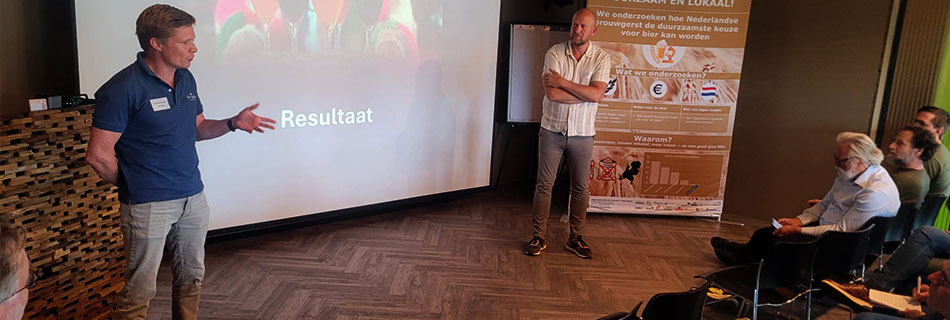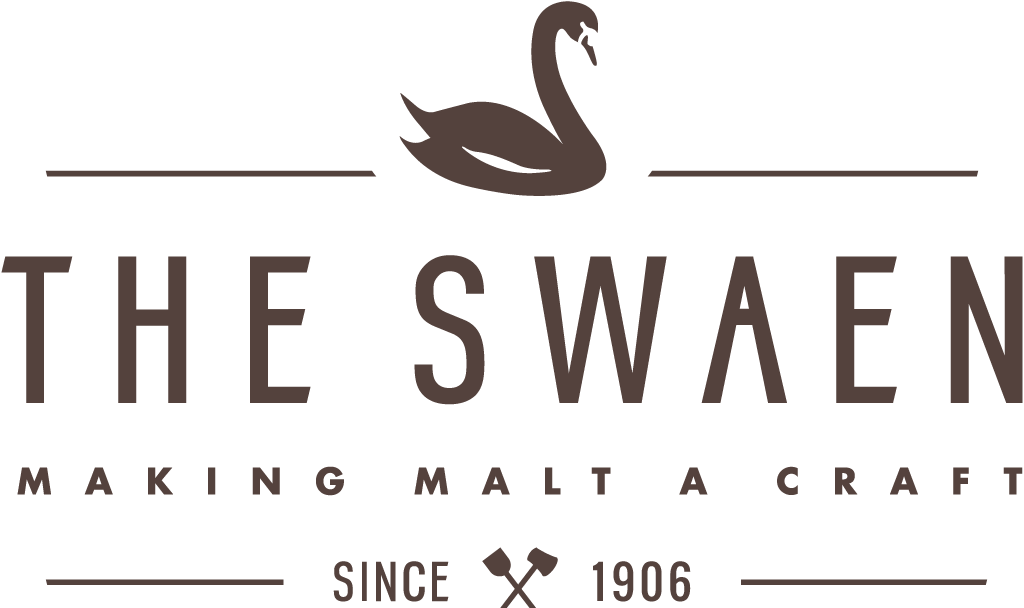During this year’s NIBEM Chain Day, part of the Week van het Nederlands Bier, The Swaen had the honour of sharing the story behind Gerse Gerst – a local barley project rooted in Rotterdam. Together with our partners Rotterdam de Boer Op, we offered insights into how malt, beer, and agriculture come together in a bold, local collaboration.
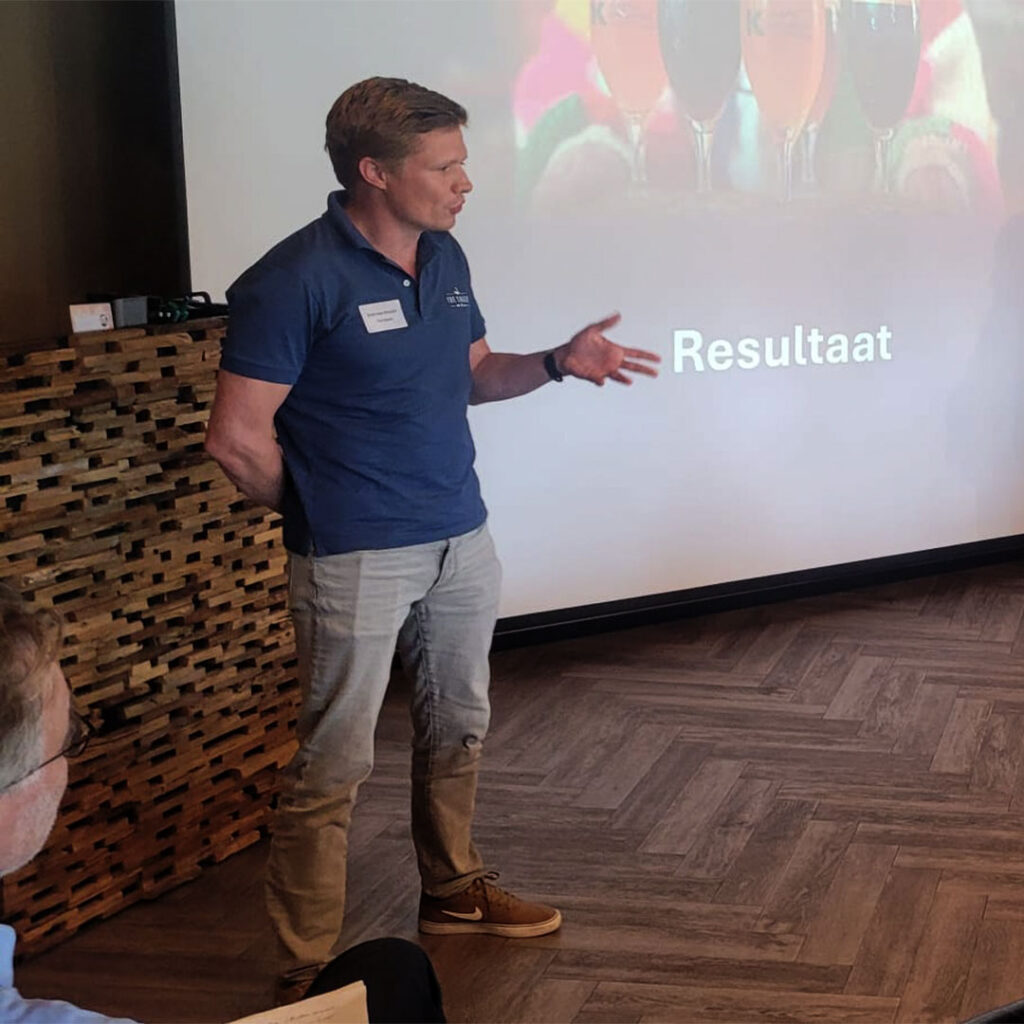
What is NIBEM Chain Day?
NIBEM (Dutch Institute for Brewing Barley, Malt en Beer) brings together professionals from the entire beer value chain. Each year, during the Week van het Nederlands Bier, they organise the NIBEM Chain Day – a day full of knowledge exchange, case studies, and discussion.
The goal: strengthen collaboration across the chain, from farmer to brewer, and build a more sustainable, transparent industry in the Netherlands.
This year’s theme was: “Dutch brewing barley – the foundation of great beer”. It was the perfect stage for us to present Gerse Gerst, a Rotterdam-based project exploring the power of local malt.
How did we come together?
This project started from different corners of the chain. Kaapse Brouwers wanted to work with local ingredients. Rotterdam de Boer Op was connecting farmers and food initiatives in the region. And The Swaen had the malting know-how to turn ambition into beer. Each party joined with different expectations, but a shared curiosity about what was possible if we simply started.
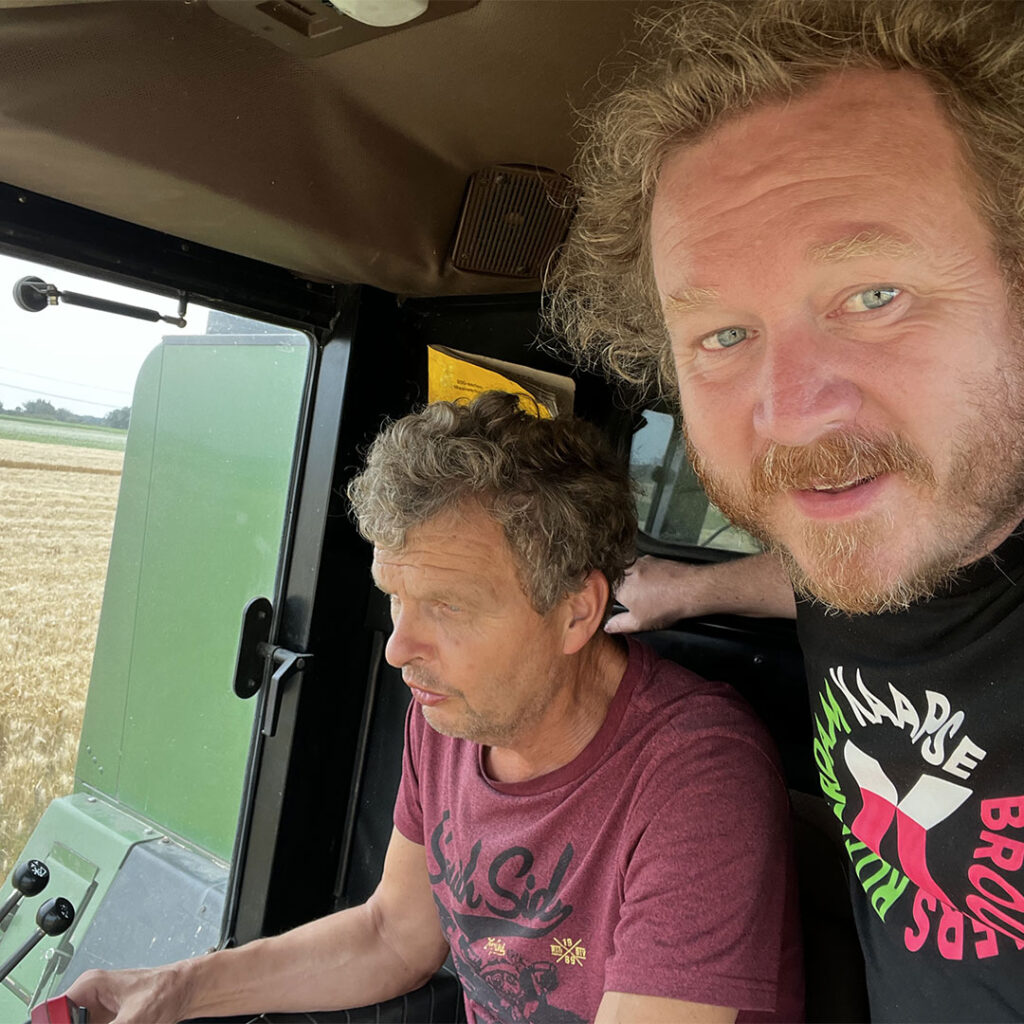
Kaapse Brouwers – Pioneers in flavour and courage
Kaapse Brouwers has been shaking up the Rotterdam beer scene since 2014. Known for bold recipes, striking visuals, and a strong sense of community, they were a natural fit for a project like this. Their creativity and willingness to experiment set the tone early on: this wasn’t just about local barley. It was about doing things differently.
Rotterdam de Boer Op – Farming for the city
Rotterdam de Boer Op works at the intersection of nature, farming, and the city. Their mission: connect farmers, conservationists and entrepreneurs in meaningful ways. Barley, it turns out, fits beautifully into this vision. It’s a low-input crop with potential for biodiversity, carbon capture, and community storytelling.
The Swaen – Malt with a story
As an independent malting house based in Zeeland, The Swaen brought a century of malt knowledge into the mix. We specialise in specialty malts and have always believed in the power of local. For us, this was an opportunity to take part in a truly regional story.
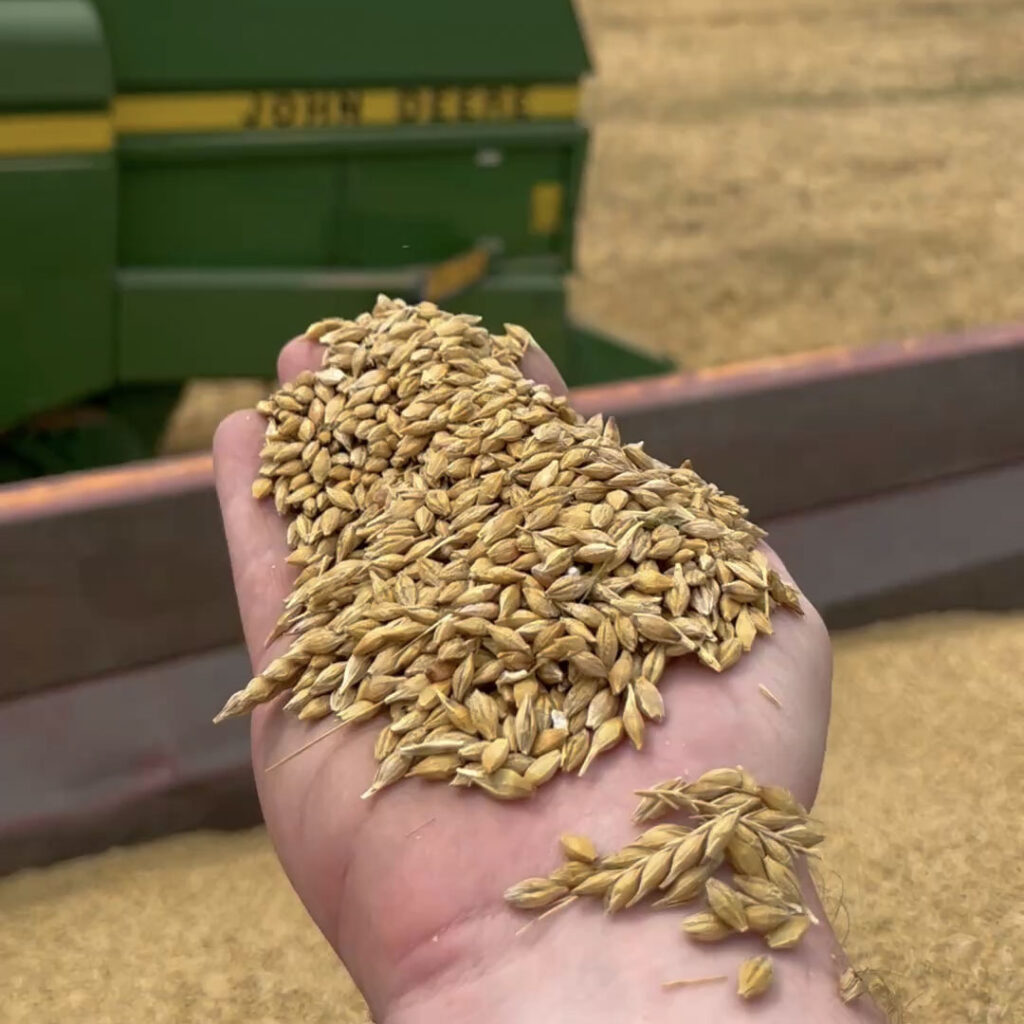
Irina Barley – The surprise of the season
What we received later that season surprised us. The Irina variety, grown under nature-inclusive conditions, turned out beautifully. The quality was excellent. Was it the variety, the soil, or the farming approach? Maybe all three. But it proved that high-quality malt can be grown closer to home.
Of course, local also means real logistics. Working directly with farmers meant dealing with harvest timing, moisture levels, transport, and storage. It’s not always easy, but it creates more awareness – and more control – across the entire chain.
From field to glass
Eventually, the barley became malt. The malt became beer. And the beer made it to the taps of Rotterdam. Through Kaapse’s storytelling and The Swaen’s transparency, consumers could taste the result and hear the story behind it. That’s what a short chain enables: flavour with a face.
So why does this matter? Local chains reduce transport emissions, increase transparency, and strengthen trust. Costs become clearer. Rewards are shared more fairly. And every actor in the chain becomes more visible – from the farmer to the taproom.
In closing
The Gerse Gerst project reminded us that great beer doesn’t just start with a recipe. It starts with a conversation – in the field, between partners, across the chain. We’re proud to be part of that dialogue, and we look forward to the next chapter.
Many thanks to NIBEM, the Week van het Nederlands Bier, and everyone building the future of Dutch brewing, one grain at a time.

